Australia Total Solar Eclipse 2012: Breathtaking Images of Rare Phenomenon [PHOTOS]
Tens of thousands of tourists and astronomers flocked to northern Australia to get a glimpse of a rare total solar eclipse, which darkened the region for two minutes.
"I was speechless, I was shaking, I had goosebumps, I was in awe," Dr Kate Russo, a psychologist and avid "eclipse chaser" said, adding, "It was the most incredible thing I've ever seen - it was like I'd just woken up and my life had changed."
There were fears the cloudy weather would not allow for the most ideal watching of the eclipse.
"Immediately before, I was thinking, 'Are we gonna see this?' And we just had a fantastic display - it was just beautiful," Terry Cuttle, from the Astronomical Association of Queensland, was quoted as saying in a BBC report, adding, "And right after it finished, the clouds came back again. It really adds to the drama of it."
According to a report by AFP, the rare spectacle drew crowds of tourists, with the Queensland state government estimating that 50,000 - 60,000 people made the trip. The crowd of visitors included three special charter flights with 1,200 scientists from Japan, while six cruise ships were moored off the coast and hot air balloons dotted the skies.
What Exactly is a Total Solar Eclipse?
This rare phenomenon occurs when the moon is perfectly aligned with both the Sun and Earth, so it appears that the Sun is completely blocked.
"It is like everyone had come down to watch the End of the World. When it goes dark and the temperature drops, you get a sense of the fragility of life," Dr Natalie Dillon, a scientist in Mareeba, revealed, "I just feel in awe. It is like the Moon has wiped a cloth over the face of the Sun and we can start afresh. It shows how the Sun is the reason life exists on earth. Too much closer and we'd burn. Too much further away and we'd freeze. For a moment, you get a sense of what it felt like when the dinosaurs went extinct as the cloud of a meteorite storm obscured the sun and plunged Earth into an Ice Age."
The next total solar eclipse visible in Australia will reportedly occur in 2028 and this time it will cover a much larger area in the southwest of Queensland.
Meanwhile, check out some of the breathtaking photographs from Australia's total solar eclipse
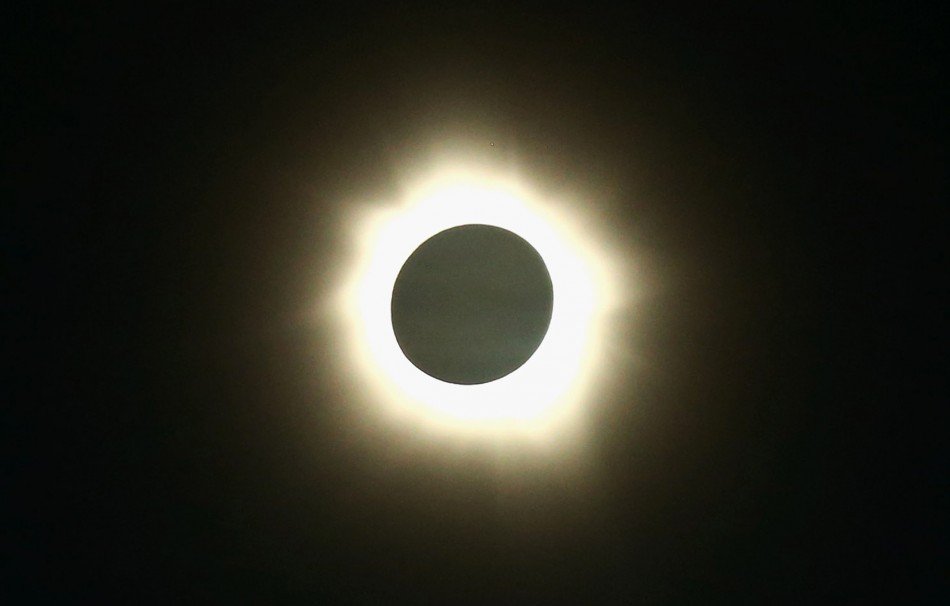

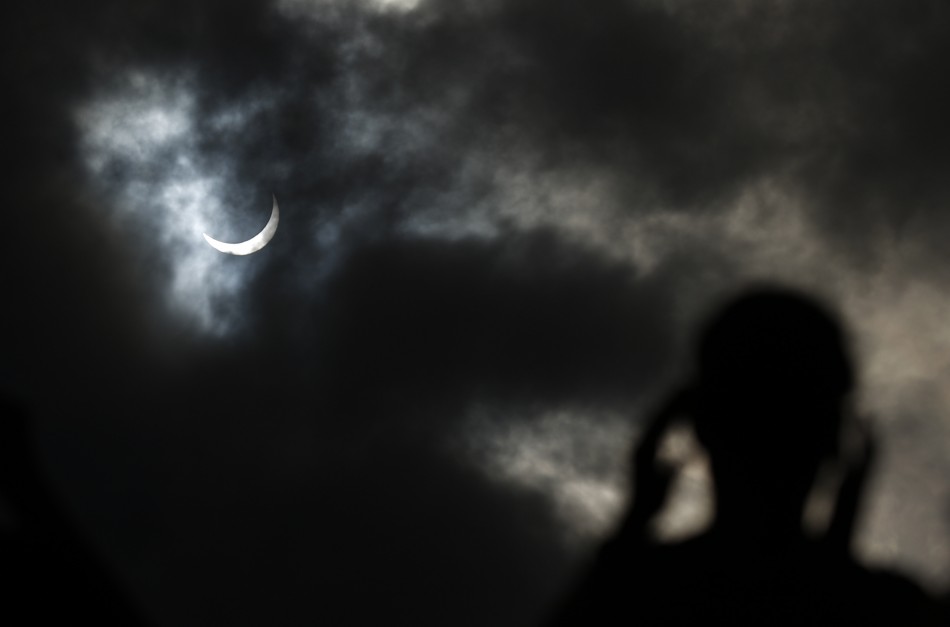
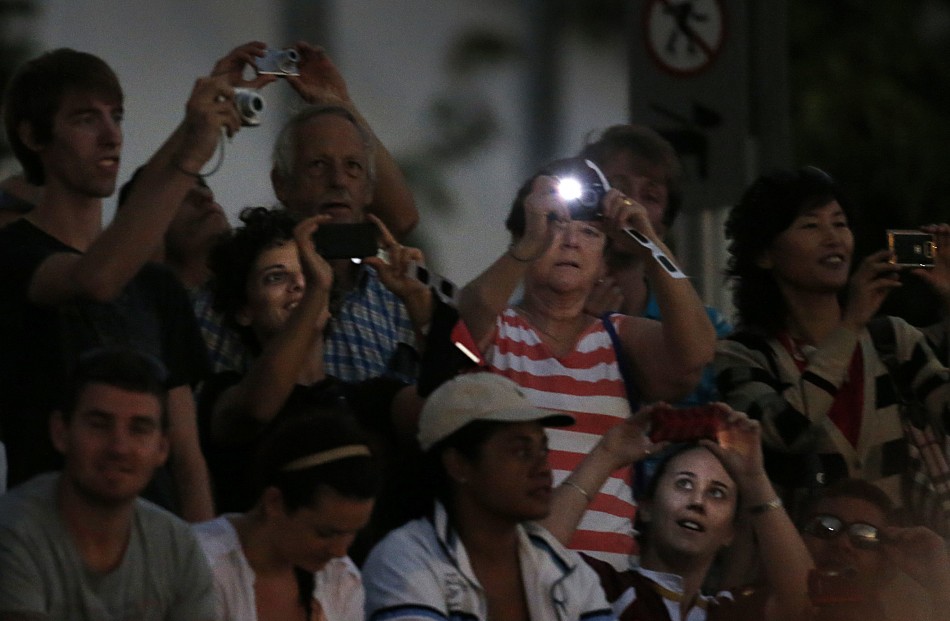
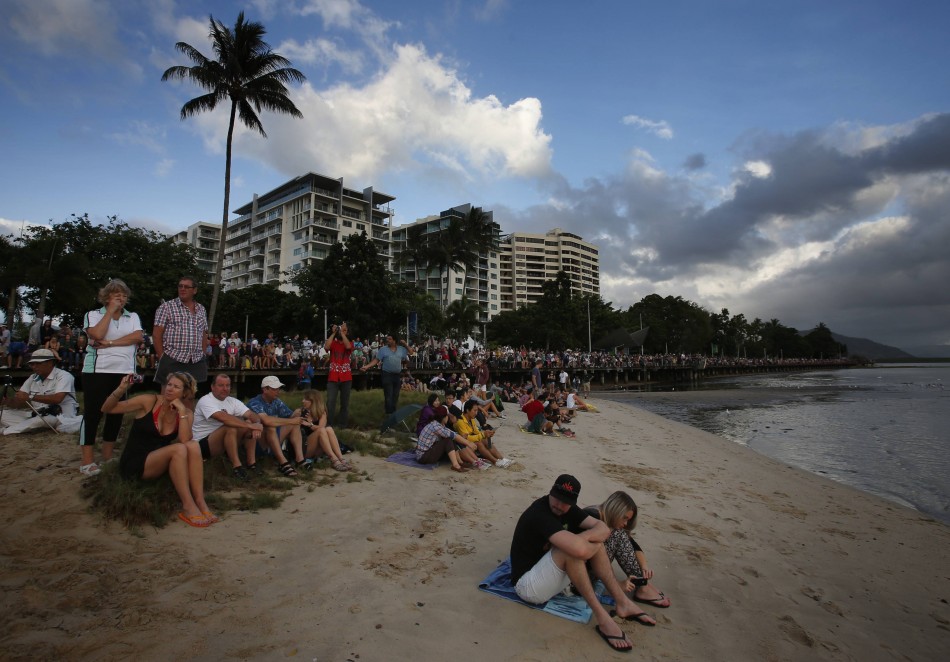
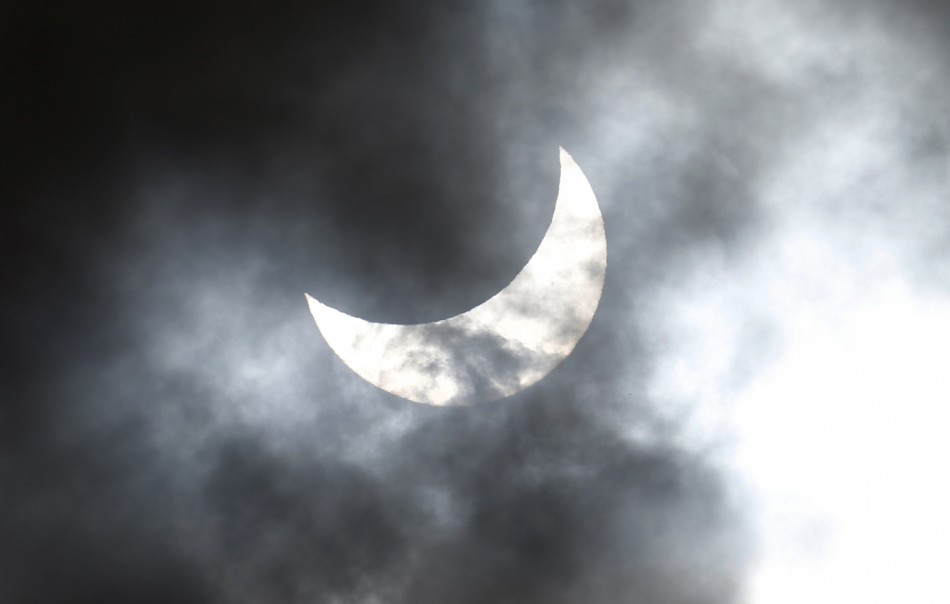
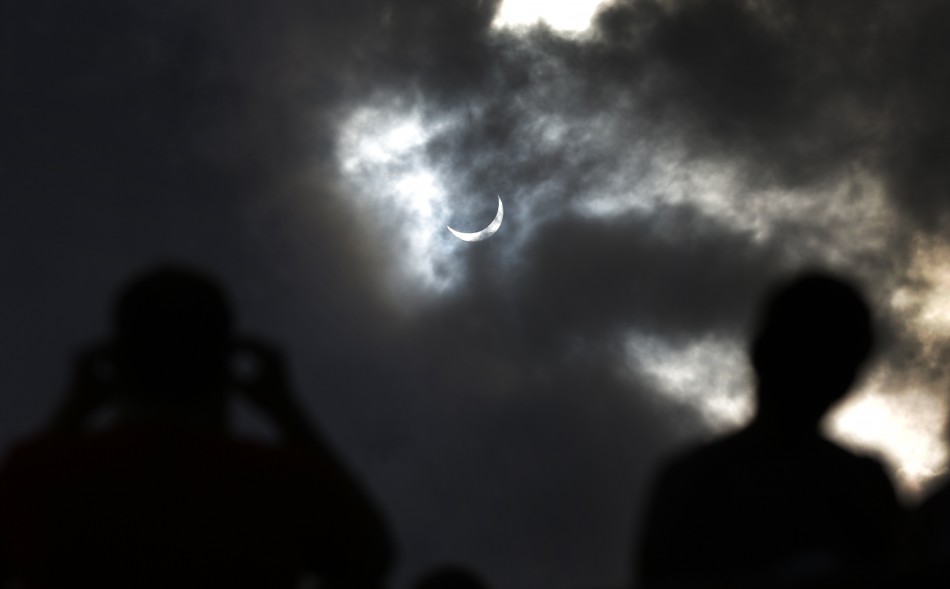
© Copyright IBTimes 2025. All rights reserved.






















